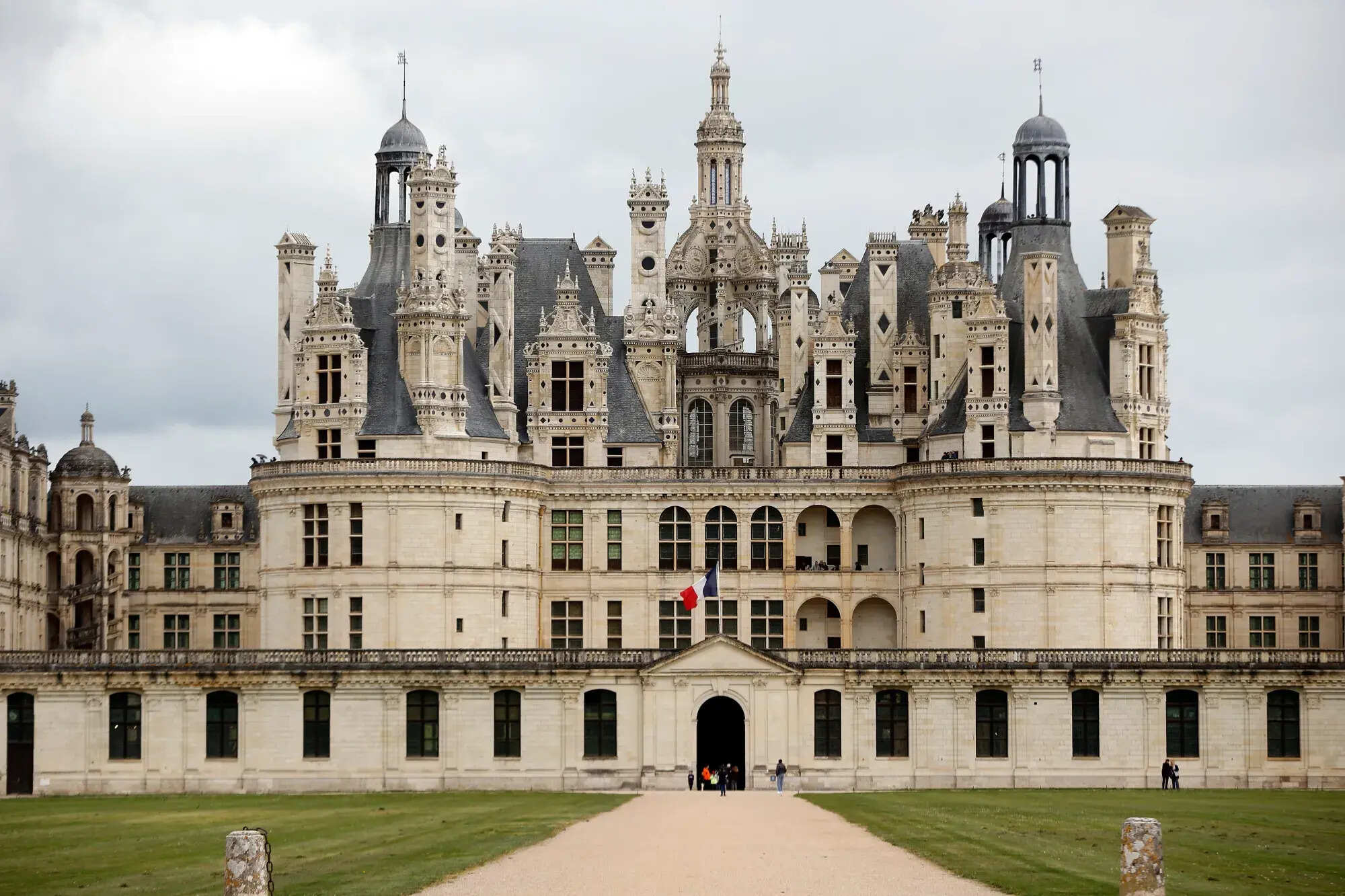
French heritage is a rich tapestry woven from centuries of history, culture, and tradition. From the iconic Eiffel Tower to the enchanting châteaux of the Loire Valley, France's legacy is both vast and varied. Did you know that French cuisine, with its delicate pastries and robust wines, is considered an art form? Or that the French language has influenced countless others around the globe? French heritage isn't just about landmarks and language; it's also about the people, their customs, and their way of life. Whether you're a history buff, a food lover, or simply curious, these 22 facts will give you a deeper appreciation for all things French. Buckle up for a journey through time, culture, and the heart of France!
Key Takeaways:
- French culture is rich in food, art, language, fashion, and traditions. From baguettes to the Eiffel Tower, France's influence is felt worldwide.
- The French language, with its beauty and complexity, has left a lasting impact on the world, influencing art, fashion, and even the English language.
French Cuisine
French cuisine is renowned worldwide for its flavors, techniques, and presentation. Here are some fascinating facts about French food culture.
- Baguettes are a staple in French households. The average French person consumes about half a baguette daily.
- Croissants originated in Austria, not France. They became popular in France in the 19th century.
- Cheese varieties in France exceed 1,000 types. Each region boasts its unique flavors and textures.
- Wine is integral to French culture. France is one of the largest wine producers globally, with regions like Bordeaux and Burgundy being famous.
- Escargot (snails) is a traditional French delicacy, often cooked with garlic, butter, and parsley.
French Art and Architecture
France has a rich history of art and architecture, influencing styles worldwide. Here are some intriguing facts about French contributions to art and architecture.
- The Louvre is the world's largest art museum and a historic monument in Paris. It houses over 380,000 objects and displays 35,000 works of art.
- Eiffel Tower was initially criticized by many Parisians when it was built in 1889. Today, it is one of the most recognizable structures globally.
- Gothic architecture originated in France. The Notre-Dame Cathedral in Paris is a prime example of this style.
- Impressionism began in France in the late 19th century. Artists like Claude Monet and Edgar Degas were pioneers of this movement.
- Versailles Palace is a symbol of the absolute monarchy of the Ancien Régime. It has 2,300 rooms and beautiful gardens.
French Language
The French language is known for its beauty and complexity. Here are some interesting facts about the French language.
- French is spoken by over 275 million people worldwide. It is an official language in 29 countries.
- Académie Française is the official authority on the French language. It was established in 1635 to protect and standardize French.
- French was the official language of England for about 300 years, from 1066 to the late 14th century.
- French is the second most studied language globally, after English.
- French has influenced many English words. Approximately 30% of English words have French origins.
French Fashion
France is synonymous with fashion and style. Here are some captivating facts about French fashion.
- Paris is often called the fashion capital of the world. It hosts prestigious fashion events like Paris Fashion Week.
- Coco Chanel revolutionized women's fashion in the early 20th century. She introduced the "little black dress" and popularized casual chic.
- Haute Couture is a French term meaning "high sewing" or "high dressmaking." It refers to custom-fitted clothing made by luxury fashion houses.
- Louis Vuitton is one of the world's leading international fashion houses. It was founded in Paris in 1854.
- Beret is a traditional French hat that has become a symbol of French fashion and culture.
French Festivals and Traditions
France has a rich tapestry of festivals and traditions that reflect its diverse culture. Here are some notable facts about French celebrations.
- Bastille Day is France's National Day, celebrated on July 14th. It commemorates the French Revolution and the storming of the Bastille prison.
- Mardi Gras is a festive season in France, particularly in Nice. It involves parades, masquerade balls, and feasting before Lent.
Embracing French Heritage
French heritage offers a rich tapestry of history, culture, and art. From the iconic Eiffel Tower to the charming villages of Provence, France's landmarks tell stories of centuries past. French cuisine, with its world-renowned pastries, cheeses, and wines, continues to delight taste buds globally. The language, often called the language of love, adds a melodic touch to everyday conversations.
French fashion, led by designers like Coco Chanel and Yves Saint Laurent, has set global trends for decades. The country's contributions to philosophy, literature, and cinema have shaped modern thought and entertainment. Festivals like Bastille Day and the Cannes Film Festival highlight the nation's vibrant spirit.
Embracing French heritage means appreciating its profound impact on the world. Whether through travel, food, or art, there's always something new to discover about this fascinating culture. Dive into French heritage and let its charm captivate you.
Frequently Asked Questions
Was this page helpful?
Our commitment to delivering trustworthy and engaging content is at the heart of what we do. Each fact on our site is contributed by real users like you, bringing a wealth of diverse insights and information. To ensure the highest standards of accuracy and reliability, our dedicated editors meticulously review each submission. This process guarantees that the facts we share are not only fascinating but also credible. Trust in our commitment to quality and authenticity as you explore and learn with us.
